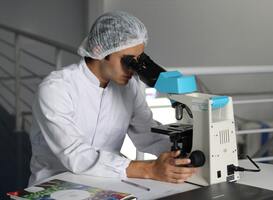At the end of June 2022, ZonMw awarded six grant applications for out-of-the-box assignments below the PSIDER method. The young scientists will research hereditary problems and embryonic types working with pluripotent stem cells. This provides them the chance to produce a very modern thought in a new line of study. In the upcoming, this could give information for hereditary neurodevelopmental diseases or hereditary heart condition. ZonMw stories it.
–
One of the scientists will build a new way to gain perception into how variations in DNA affect condition mechanisms and training course. Two other jobs are learning some elements of the development of the human embryo using stem cells.
Exploration with pluripotent stem cells
All scientists from the 6 award-profitable tasks carry out research with induced pluripotent stem cells (iPSCs). These are cells that have been remodeled from a ordinary human body mobile into a stem mobile, a cell that can sort any sort of tissue. With these stem cells, scientists can, for instance, make embryo-like or mini-organ models to superior recognize early progress or hereditary ailments.
Innovative initiatives
With this round of funding, ZonMw challenged younger scientists (e.g. professional medical (bio) scientists, (professional medical) professionals, chemists or physicists) to gain new insights and unforeseen discoveries in just the PSIDER plan aims. The aim of revolutionary models is to establish an modern idea into a evidence of notion.
Edited by: National Care Guide
–


